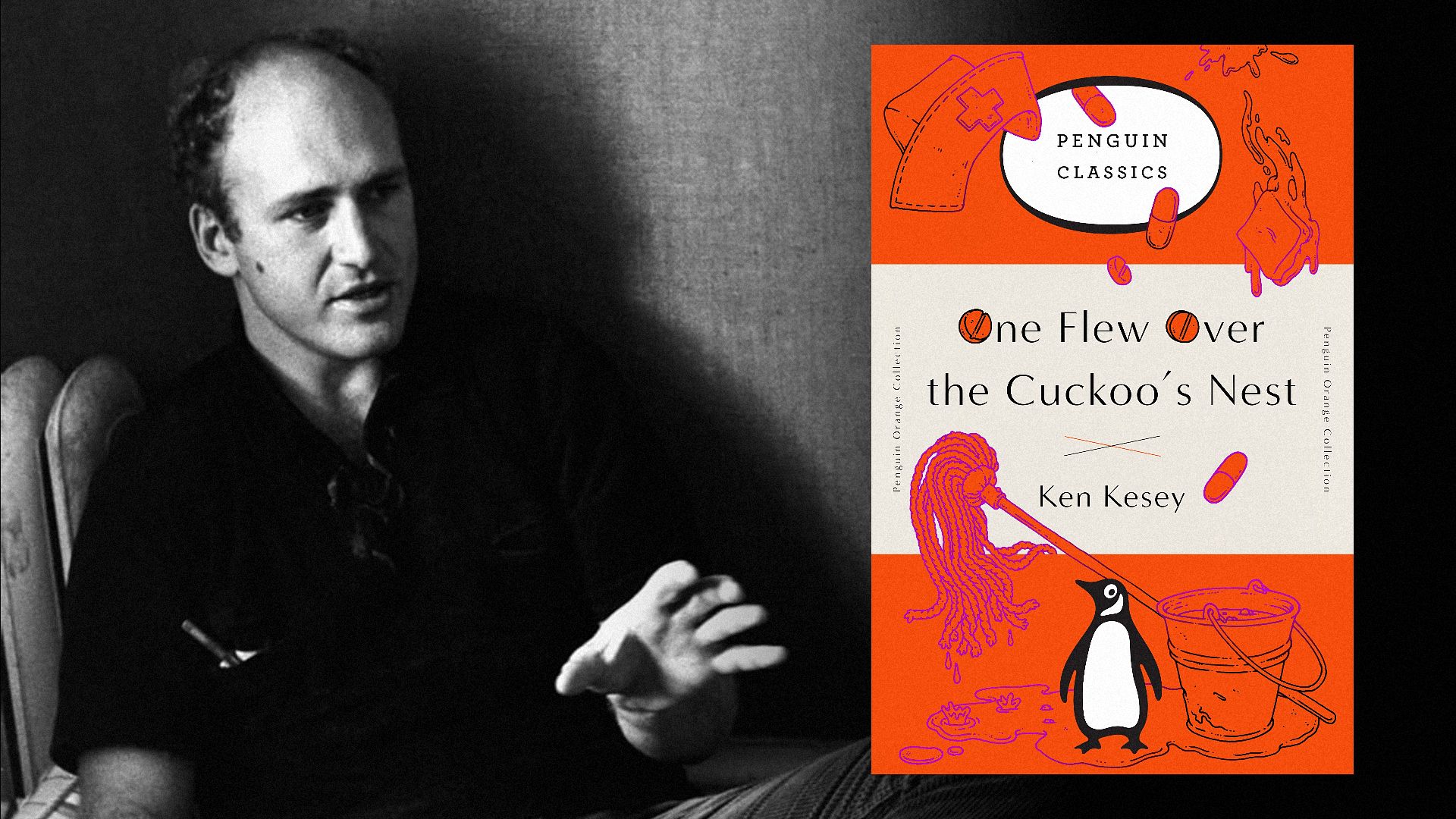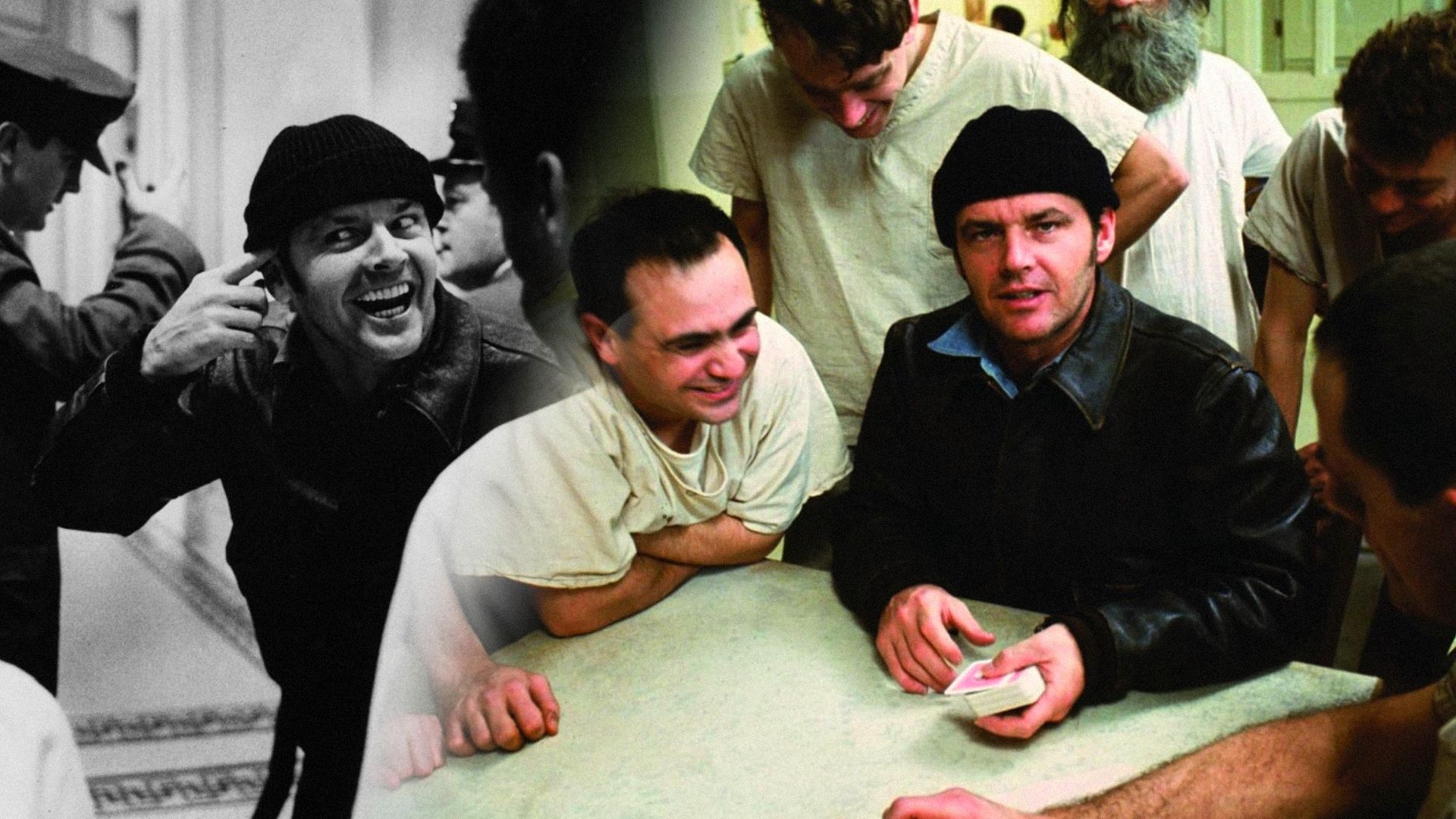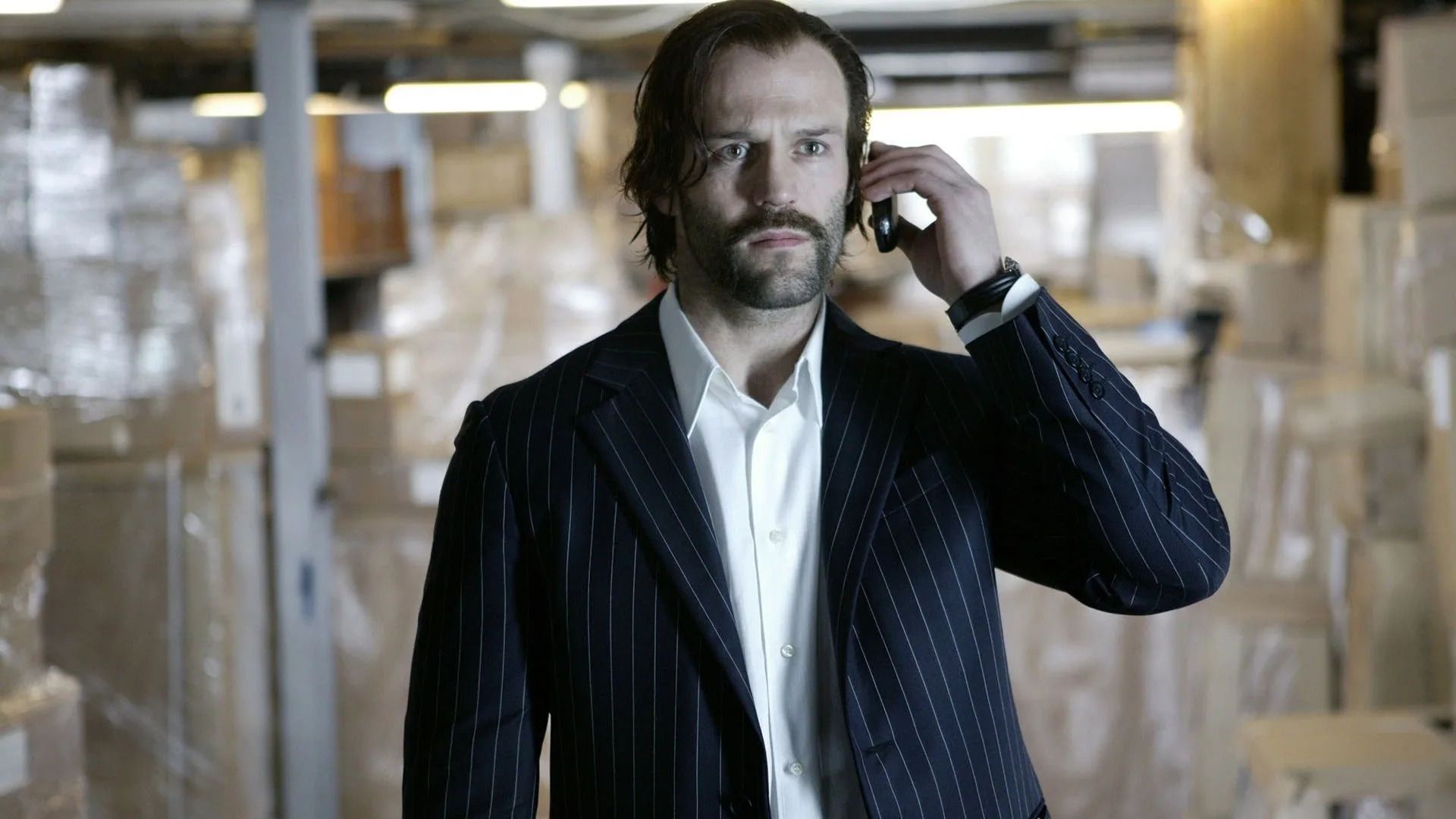That's exactly how "One Flew Over the Cuckoo's Nest" (1962) works — Ken Kesey's cult novel that seems to be about a mental hospital on the surface, but is really about any system that turns people into cogs. And about those who refuse to be cogs.
What's inside?
The main character is McMurphy. He's a con man, gambler, joker, and part-time psychiatric hospital patient. Actually, he's pretending to be a patient — to avoid prison.
McMurphy becomes a catalyst for rebellion, someone who reminds the other patients that they're actually alive. That you can laugh, argue, fight, even if you have hallucinations or depression. That you can want to be yourself again.
Why is this book still alive?
Because the "cuckoo's nest" isn't just a mental hospital. It's any system that demands you stay quiet, obey, be convenient. It's the office that kills initiative. It's the school where creativity is a threat. It's the family where everything must be "proper." McMurphy isn't just fighting for himself — he's challenging the very idea of normal.And it's also damn good writing
Strong, vivid, direct. The whole story is told through the eyes of a silent Native American — one of the patients who first pretends to be deaf and mute, then becomes a witness (and participant) in a real revolution.Is there a movie?
There is. Miloš Forman directed the adaptation, with legendary Jack Nicholson playing McMurphy.
You can't choose which is better. So the best option: read and watch, preferably back-to-back. Only then does the true scope of this story reveal itself. Earlier on zoomboola.com, we told you about "Do Androids Dream of Electric Sheep?" — a dystopia that's become frighteningly relevant right now.





